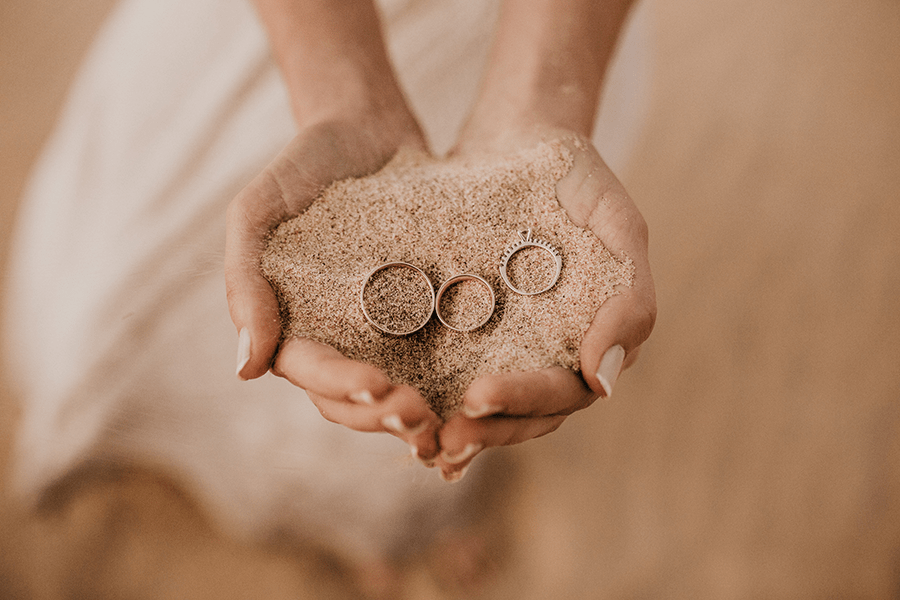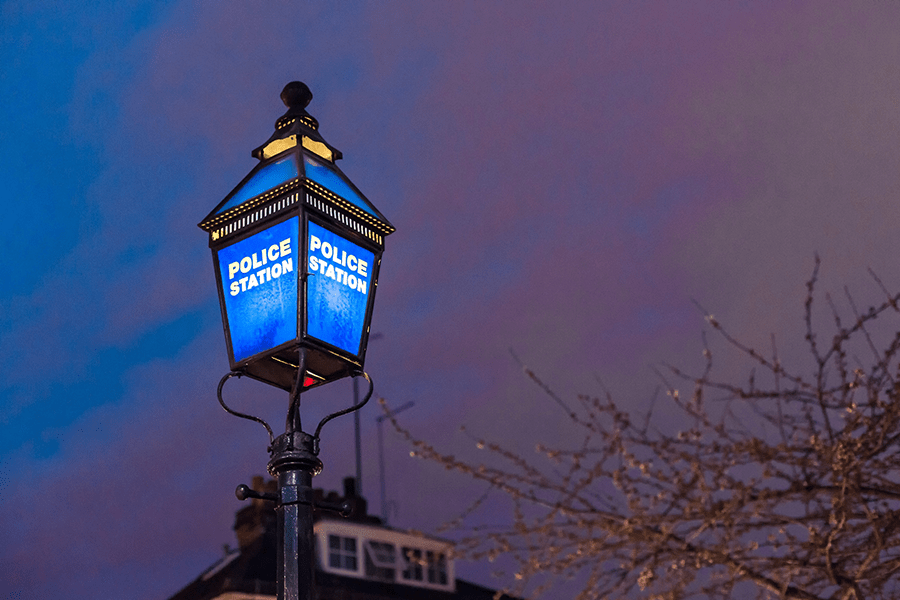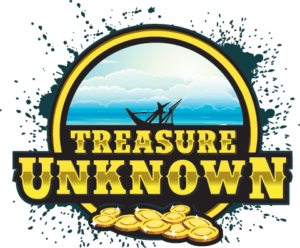
Metal detecting can be a really fun hobby, but can also be frustrating at times. We have all experienced the thrill of a target giving just the right signal at the exact depth we want only to find a pull tab. Other times we find some unique items that hold sentimental or monetary value. So what should you do with these finds?
There are five basic actions one can take with items found with a metal detector. The items can be returned to an owner, recycled, resold, reported, or reclaimed for future use or display. Here are some considerations to remember with the five “R’s” of metal detecting finds.
Recycle
If you have been involved in the hobby at all you know that junk/trash is the most prominent treasures pulled from the ground. Pull tabs, old soda cans, rusty nails, and scrap metal are just a few of the items one is bound to find on any given hunt.
It is easy to consider leaving this material behind as it poses no personal gain to keep it, however as a general rule it is a great idea to remove any trash you find while detecting. This helps clean up the environment and might even score you some brownie points later on with land owners.
As tempting as it may be to throw these items in the trash I urge you to consider an alternative. Taking these metals to a recycle depot is a far better alternative. In addition to cleaning up the area you detected, you will help our environment as a whole.
As a plus, many of these places will pay for different types of metal. Most, if not all, will be by the pound and prices will vary depending on what type of metal you are selling. Granted, you won’t be quitting your day job by selling scrap metal, but might as well get some hamburger money for all your hard work.
Reclaim
Some items found with a metal detector are still in working order! Tools, fishing equipment, loose change, etc are often lost and then later found by hunters. Some of these items can still be used.
One thing to take into consideration before claiming these items as your own is to seek out ownership (more on that later). If no obvious ownership exists then these items might be a good candidate for your personal use.
Some items are no longer in working order but you may still want to keep instead of recycle. On one of my own metal detecting adventures I found an old Grape Shot. It was extremely rusted and had numerous flaws in it but I did not want to recycle it. Instead it sits on my shelf in my office as a display piece.
Report

Occasionally items recovered might raise a red flag. Reporting these items is a good idea and the proper thing to do.
Guns, or other weapons are some examples of items that should be reported to local authorities immediately. There are obvious reasons for this such as insuring the weapon was not used in a crime. Another reason for reporting a found weapon is that it could have been stolen and then dumped wherever you found it.
Some other items one might consider reporting to local authorities would be any items that appear to have been stolen. I recently saw a video in which a guy pulled up a bag full of jewelry. This bag was either lost in the river or stolen and dumped, the latter being most likely. This should be reported.
Finally any items that appear to be of cultural or historical significance should be reported to an expert for analysis. We are not talking about an old horseshoe here, but things of actual significance. These items will be extremely rare and a hobby detector may never run across such an item. Use your best judgement and if in doubt, report.
Return
This option for your finds is perhaps the most difficult to navigate. The main question you should ask yourself here would be “If I had lost this item, would I want it returned to me?” If the answer is even remotely “yes” then every opportunity to seek out the owner should be taken.
Some of the easiest items to return that are often found while detecting are class rings. These rings almost always list the high school name, and the year the owner graduated. This gives you a great starting point in trying to track down the owner. Start by calling the school. They probably won’t give you any information, but might be willing to call the individual for you and pass on your information to them.
Other objects are a lot harder to try and figure out who they belong to. Most jewelry does not have any personalization to it making it hard to identify the owner. Another obstacle with jewelry is that it could have real monetary value. Due to this it is not a good practice to post pictures of the item and ask if it belongs to anyone. As you know some people may lay false claim to the object just so they can sell it and get paid.
Some options one can use to aid in their search for owners are available. Check local police stations and ask if anything matching the description has been reported lost. Check local social media pages and see if anyone is there requesting help finding the lost item.
A final option could be to post online using social media channels that you found a piece of jewelry. Do not post any pictures or descriptions of what you found. Instead ask anyone who wants to lay claim to the item to describe what they lost. You will want to ask for as much detail as possible such as object, color, shape, size, where they were when they lost it etc. This option is last as it is not foolproof and in the event someone gets lucky in their description, you have exhausted all other options of finding the owner before.
The last thing to consider in this topic is landownership. If one finds an object on property owned by another party, this other party could lay claim to the items you found. One should always seek permission before hunting any private land. This initial conversation is a great time to discuss what will happen with any finds. Some owners don’t care and let you keep whatever you find, others want to see what you find before giving it to you, and still others want a cut of any profits from your finds. Always ask and have these details ironed out before you do any hunting.
Resale

This option can be profitable for any hobby hunter, but it can be tricky to navigate as well. This options should only be pursued after the previous options have been explored. “Finders Keepers” is not always accurate when it comes to metal detecting finds. It would be a shame to face jail time for trying to sell property that wasn’t your own over a few dollars.
Also consider that some items found could be stolen, if this is the case and you do not report these finds to the authorities then you are selling stolen property, as far as the law is concerned. Once an item is stolen people frequently check pawn shops and online resale sites for their items, which could bring the cops to your door.
These scenarios are not meant to scare or intimidate anyone from going out and enjoying a metal detecting adventure. Instead these are here to help everyone stay safe and prevent a hobby from turning into a record.
Please remember that the options stated in this blog post are merely suggestions, one should always seek out proper legal counsel and consult with appropriate government departments before taking action with your finds.
Stay safe and have fun!
ring photo by Jonathan Borba on Unsplash
Police Photo by Bruno Martins on Unsplash
Money Photo by Alexander Schimmeck on Unsplash
